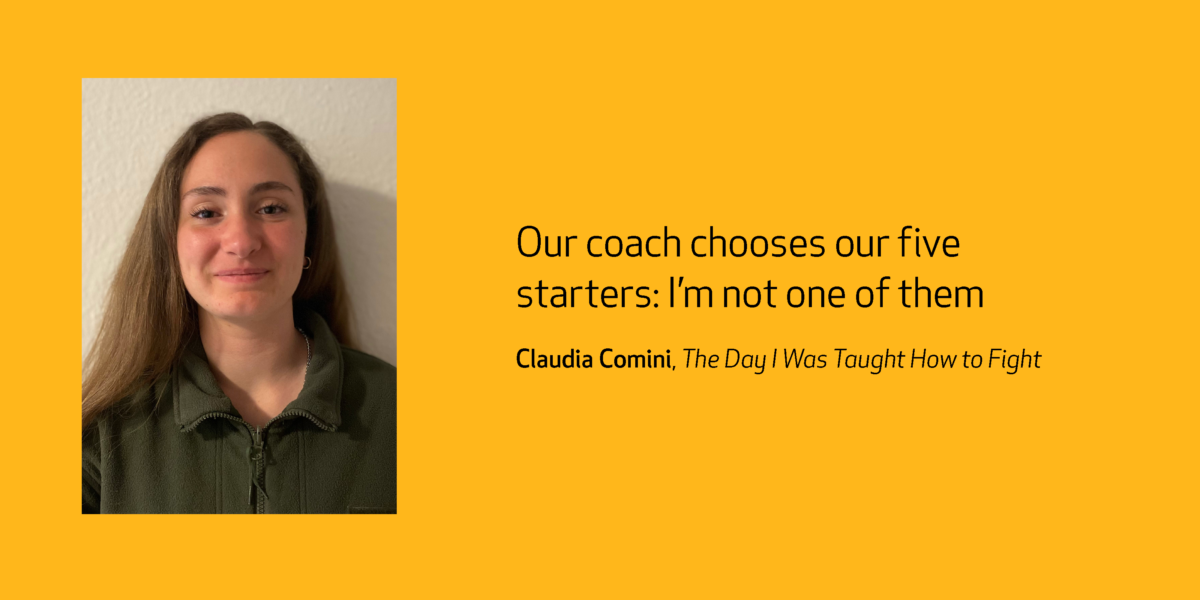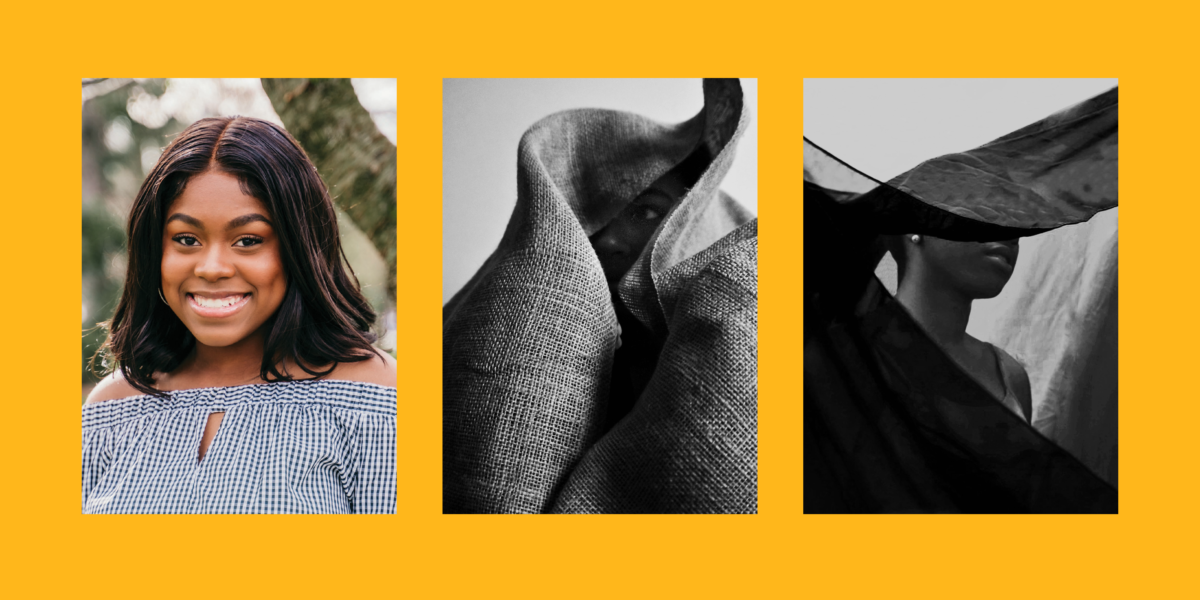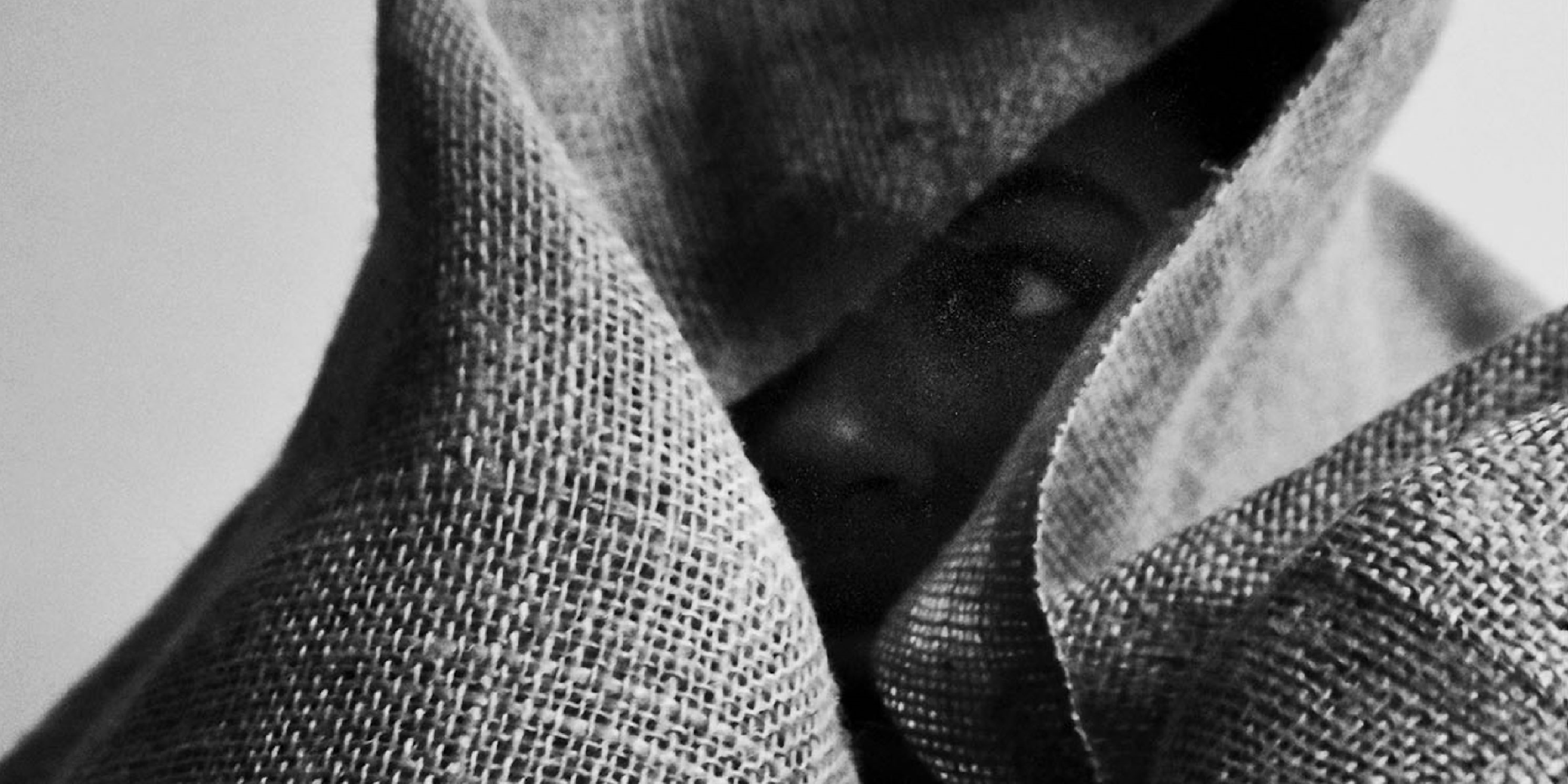A Gold Medal Portfolio Award is the highest honor students can receive in the Scholastic Art & Writing Awards. Jurors choose portfolios by high school seniors whose works best represent the Scholastic Awards’ judging criteria: originality, technical skill, and the emergence of a personal vision or voice. These remarkable artists and writers will each receive a $10,000 scholarship.
For the next few weeks, we’ll be profiling the 2022 Gold Medal Portfolio recipients. Next up are Claudia Comini and Franchesca Vilmenay.
Claudia Comini

I often reminisce about the past, my childhood, the light-heartedness and joy which filled my days. I talk about the good times, memories of laughter and smiles, of friends and family. This has sometimes become my way to insist on the existence of a better future.
The Day I Was Taught How to Fight
FLASH FICTION
Claudia Comini, Grade 12, Shape American High School, APO, AFE. Gold Medal Portfolio, Cora Bidwell Writing Portfolio Award
It’s the first basketball game of the season. We have gone through a five-hour bus ride and would happily accept going to sleep for a while. Instead, we are expected to step into the court, focus, play, and win. Fortunately, our excitement helps us forget our tiredness and so we enter the gym triumphantly, like gladiators stepping into the Colosseum, ready for a fight.
At that time I barely knew my teammates. We had been practicing together, every day, for two hours, for several weeks. I could identify among them a good defender, a decent shooter, a great post, and an awesome guard, but it wasn’t enough for me to have an insight into their personalities.
We get changed, we stretch, and we laugh to release the tension that precedes big games. We then get on the court and start shooting. I know I’m ready.
Our coach chooses our five starters: I’m not one of them. I tell myself that it’s okay and that I will get my chance later on in the game.
I sit on the bench and cheer on my teammates. They’re winning and I’m smiling but there’s something inside me that makes me want to cry. I can hide it, but in the end, I know that I won’t have contributed to their win. I feel like an outsider, a cheerleader, and I know that’s not what I’ve been practicing for.
Time goes by and I’m still sitting on the bench. When the game finally ends it’s a win, but I know that it’s a loss for me. Dozens of questions cross my mind: What have I been doing for the last three weeks? Why didn’t he give me a chance? Should I be mad or is it my fault? While my anger is blinding me, I still have to smile, to laugh, to celebrate their win.
We get into the locker room and among the looks of my teammates, there’s one teammate who is focused on me.
“We need to talk,” she says.
I just nod my head. I don’t want her to see my pain but I suddenly feel like an open book.
When everyone is gone she asks me, “Are you okay?”
I look at her and I feel grateful. She understands my pain, she can see my frustration. With a question as simple as that she makes me feel comprehended.
“No, I’m not,” I say, looking away from her. I explain how hard it is for me to watch my team win without me, how alone I feel sitting on the bench, staring at the coach and hoping for him to trust me.
She then gives me all the strength I need to move on. “You’re right,” she says, “it’s unfair, but I want you to fight. Next week, I want you to put in two times as much effort as you put in last week. I want you to run faster than me, make more shots than anyone, demonstrate that the coach was wrong for not trusting you. If you wait for him to meet you halfway you will never obtain the appreciation you’re looking for. Fight, persevere, use your pain to push you further. It won’t be easy, but it will be worth it in the end.”
We then enjoyed a pizza and laughed with our teammates.
The following week I did what she had asked me to do. I pushed myself like I had never done before.
That same weekend I played two great games and proved to myself, more than to anyone else, that I could surpass my own limits.
She taught me that. She understood me when I wasn’t asking to be understood, helped me when I had given up on my ability to do better, supported me when I didn’t even feel like I needed it. Every time I felt like my efforts were meritless, she reminded me of how my suffering had been transformed into power, how many great things I could do if I kept believing in myself. Leading by example, she taught me how to stay strong when everything seems to turn against me. She pushed me into the arena and turned me into a gladiator.
Franchesca Vilmenay

As much as my portfolio of work represents obscurantism and the artistic methods used to obscure a figure, it also represents the hidden voices of individuals in my community. Notice the slow emergence of the figure throughout the portfolio. Slowly our voices were beginning to be heard.
Constructing this portfolio in the midst of a massive pandemic and national lockdown meant that I had to use the materials that I had on hand. Most times, I lit my photos using iPhone flashlights. I tried using mirrors, bedsheets, and curtains for various functions in my photo. Working inside the box taught me how to embrace limitations. It made me appreciate the simplicity of photography and allowed me to focus on the fundamental aspects of my shots.
Featured images: Franchesca Vilmenay, burlap and covered, Photography. Grade 12, Winsor School, Boston, MA. Gold Medal Portfolio, Apple TV+ Art Portfolio Award
To see more Gold Medal Portfolio recipients, past and present, visit our Eyes on the Prize series.

